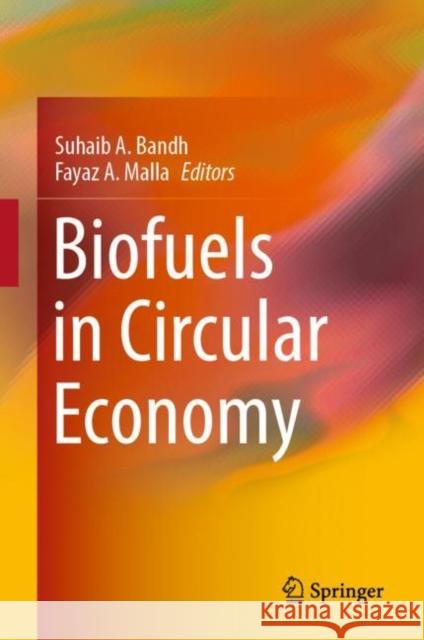Biofuels in Circular Economy » książka
Biofuels in Circular Economy
ISBN-13: 9789811958366 / Angielski / Twarda / 2023 / 319 str.
Biofuels in Circular Economy
ISBN-13: 9789811958366 / Angielski / Twarda / 2023 / 319 str.
(netto: 624,92 VAT: 5%)
Najniższa cena z 30 dni: 578,30
ok. 16-18 dni roboczych.
Darmowa dostawa!
This book provides a detailed coverage of how the circular economy aims to change the paradigm in relation to the linear economy, by limiting the environmental impact and waste of resources, as well as increasing efficiency at all stages of the product economy. It serves as the sole comprehensive overview of the role of biofuels in the circular economy. It contains updated information on the latest trends of techno-economic analysis of biofuels, economic transitions, low-carbon economies, green circular societies, and life cycle assessment of biofuels. This book delves deep into the economic security of the poor as well as the nexus between biofuel industry and global trade bodies, making it one of the few introductory books without bias toward the contribution of biofuels in circular economy. With its diverse contributions on themes such as biofuels as potential alternatives to fossil fuels, biofuel economics and policies; biofuel standards, blending, and future insecurities; economic transitions from biomass to biofuels; and biofuel economy, development, and food security, the book would be a great resource for a wide and multi-disciplinary readership base ranging from researchers to academics, policy makers, innovators, corporates, and non-profit organizations working in this area.
This book provides a detailed coverage of how the circular economy aims to change the paradigm in relation to the linear economy, by limiting the environmental impact and waste of resources, as well as increasing efficiency at all stages of the product economy. It serves as the sole comprehensive overview of the role of biofuels in the circular economy. It contains updated information on the latest trends of techno-economic analysis of biofuels, economic transitions, low-carbon economies, green circular societies, and life cycle assessment of biofuels. This book delves deep into the economic security of the poor as well as the nexus between biofuel industry and global trade bodies, making it one of the few introductory books without bias toward the contribution of biofuels in circular economy. With its diverse contributions on themes such as biofuels as potential alternatives to fossil fuels, biofuel economics and policies; biofuel standards, blending, and future insecurities; economic transitions from biomass to biofuels; and biofuel economy, development, and food security, the book would be a great resource for a wide and multi-disciplinary readership base ranging from researchers to academics, policy makers, innovators, corporates, and non-profit organizations working in this area.











